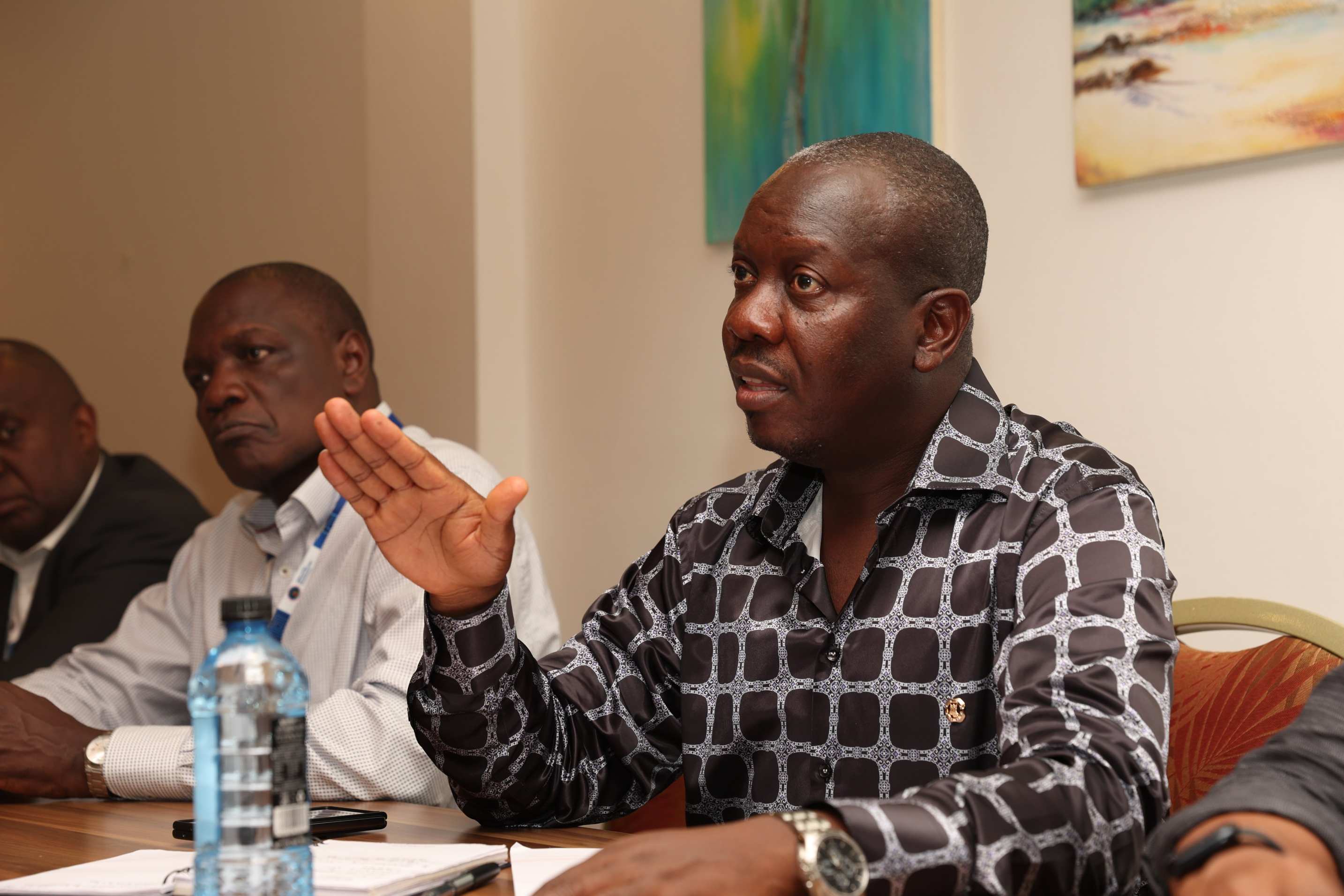Director of Public Prosecutions Renson Ingonga has called for inclusive, community-driven action to uplift the Maa boychild, urging a stronger focus on legal awareness, civic education, and sustainable development.
Speaking during the Maa Boychild Empowerment Summit held in Narok on June 27, Ingonga emphasized the need to support boys in marginalized communities who are often overlooked in empowerment programs.
“The boychild plays a pivotal role in shaping the future of the community. Their empowerment bridges traditional values with global opportunities,” he said.
The summit, themed “Understanding the Law and Combating Criminality Among Youth,” was convened by the Senator Hezena Lemal`etian Foundation and brought together a cross-section of leaders to tackle rising concerns over crime, drug abuse, and social alienation among young Maa men.
Ingonga cited constitutional protections for marginalized groups and stressed the need to reframe the narrative around the boychild not as a threat, but as a potential change-maker.
“Our boys are often viewed as threats instead of potential change-makers. This must change,” he asserted.
The DPP also underscored the importance of supporting the boychild’s mental health, cultural identity, and access to opportunities, advocating for the transformation of traditional rites of passage into civic education platforms.
Reaffirming his office’s commitment to restorative justice, Ingonga called for greater use of diversion, rehabilitation, and community interventions for youth offenders.
“Understanding the law should empower, not intimidate. Ignorance of the law offers no refuge, but knowledge of it brings protection and purpose,” he noted.
In a statement that struck a chord with many, he added:
“They say boys are like Wi-Fi, strong when connected, lost when disconnected. Let us not disconnect them from education, identity, or opportunity.”
He concluded by urging Maa youth to reclaim their traditional role as guardians of the environment, linking empowerment to climate resilience and peacebuilding. “The boychild must now step up to uphold this legacy and promote peace and sustainability.”
